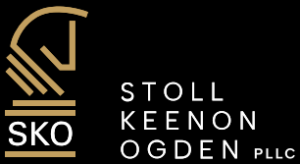Crowdfunding – Receive Equity Instead of a Reward
Since arriving on the scene more than a decade ago, internet-based crowdfunding has soared in popularity. Rewards-based crowdfunding websites GoFundMe, Kickstarter and Indiegogo have enabled hundreds of thousands of individuals and organizations to raise billions of dollars from donors in support of a variety of personal, charitable and entrepreneurial ventures. In a typical rewards-based crowdfunding model, a rock band might use a crowdfunding site to solicit funds for their upcoming tour, promising donors both a copy of the new CD and a band T-shirt. Perhaps an inventor might raise funds for the startup tooling needed to manufacture a new type of mousetrap, with contributors receiving the right to buy the new, better mousetrap at a discount, or even receive one for free.
Until now, the critical limitation of rewards-based crowdfunding has been the absence of a meaningful return. In exchange for their contributions, crowdfunding donors can receive only consumables, like a CD, T-shirt or a better mousetrap. What has not been legal until now (well, largely) was equity crowdfunding – the selling of an ownership interest or other security in the company raising funds. Rather, broad-based solicitation of stock and other securities has been essentially forbidden by federal securities laws.
All of that is about to change.
On October 30, 2015, the SEC approved final rules permitting eligible U.S. based companies to offer and sell securities to investors through internet crowdfunding initiatives. Titled Regulation Crowdfunding, these new SEC rules expand the exemption provided under the Jumpstart Our Business Startups Act of 2012 (the JOBS Act) to certain businesses and accredited investors for crowdfunding revenues. The new rules allow eligible companies to publicly offer profit shares to investors through internet crowdfunding platforms without requiring those internet sites to register as securities broker-dealers with the SEC.
Crowdfunding Site Requirements
Crowdfunding sites (called funding portals or intermediaries under the new rules) which plan to offer securities will be required to register with the SEC’s new Form Funding Portal, a much lighter registration burden than the requirements for traditional broker-dealers. These registered crowdfunding sites must comply with a series of prohibitions and disclosure requirements, designed by the SEC to protect crowdfunding donors who may have limited experience with equity investing. For example, crowdfunding sites:
- must provide educational materials to all site-based investors explaining the processes and limitations involved with investing;
- will be prohibited from offering investment advice or making recommendations to investor participants;
- may only accept investment commitments from investors who have opened an individual account with the site and whose identities have presumably been verified; and
- are required to implement comprehensive measures to reduce the risk of fraud on investors.
Each offering must be conducted through a single funding portal only, and the offering must be conducted exclusively online through the intermediary’s website in order to maximize the access to and exchange of information within the “crowd” of internet investors.
Disclosure Requirements for Companies Issuing Equity
Companies desiring to raise money through crowdfunding by issuing equity will be required to comply with multiple initial and ongoing disclosure obligations, substantially similar to the standard disclosures required for all offerings under SEC Section 4(a)(6), including:
-
providing an initial disclosure about the offering, which must be filed with the SEC and posted on the crowdfunding site for perusal by investors. This disclosure must include details on the company’s intended use of the proceeds, the targeted offering size and price, a business description and the identities of all officers and directors, financial statements for the company, and more;
-
providing any updates or material changes to the initial disclosure, which must be filed with the SEC via an amendment form;
-
providing periodic progress updates, which are required to be filed within five days of achieving certain “milestones” in the offering; and
-
providing ongoing annual reports, which must be filed with the SEC and posted publicly along with the issuing company’s financial statements within 120 days of the end of the company’s fiscal year.
Advertising and Promotion Limitations
The new rules also limit the advertising and promotion of equity-based crowdfunding issuances. A securities offering notice made pursuant to the crowdfunding exemption may only contain the following information:
-
a statement that the issuing company is conducting an offering;
-
the name of the crowdfunding portal and a link to its offering page;
-
the amount of securities offered;
-
the price and nature of the securities;
-
the closing date for the offering;
-
a brief factual description of the issuer’s business; and
-
comprehensive contact information for the issuing company, including its named representative.
Offering Size and Investment Limitations
The equity-based crowdfunding rules also limit both the size of the offerings and how much any person may invest in crowdfunding offerings generally. A company’s equity-based crowdfunding revenues will be capped at:
-
$1 million in any 12-month period
Individual potential investors must stay below the following caps:
-
For persons with net income or net worth of $100,000 or less, the greater of $2,000 or 5% of the lesser of the investor’s annual income or net worth per year; or
-
For persons with net income and net worth of more than $100,000, the lesser of 10% of net income or 10% of net worth, capped at $100,000 per year.
Effective Dates
These rules greatly expand opportunities for crowd-based equity fundraising, particularly for small startups, and should prove a major boon for those companies looking to get beyond rewards-based fundraising and into the lucrative securities sector. The myriad of new rules will take effect 180 days after they are published in the Federal Register, which has not occurred as of the date of this publication. Eligible crowdfunding sites may begin registering via the Form Funding Portal on January 29, 2016.
SKO can help ensure your compliance with the new crowdfunding rules. Contact Thomas Rutledge, Kenneth Sagan, Allison Donovan, Sarah Mills, Kelley Schenck, Tara McGuire or Katharine Sagan.




